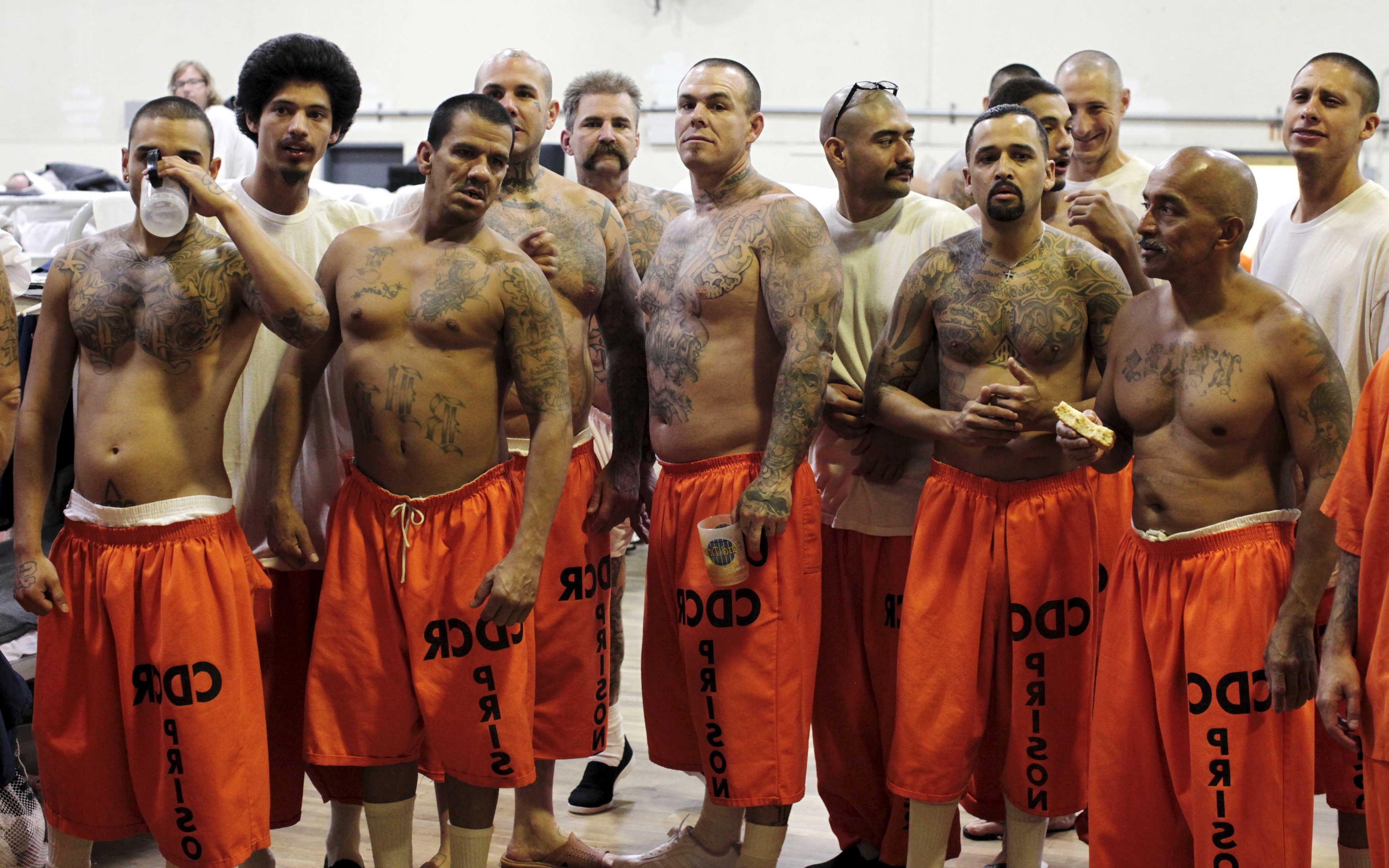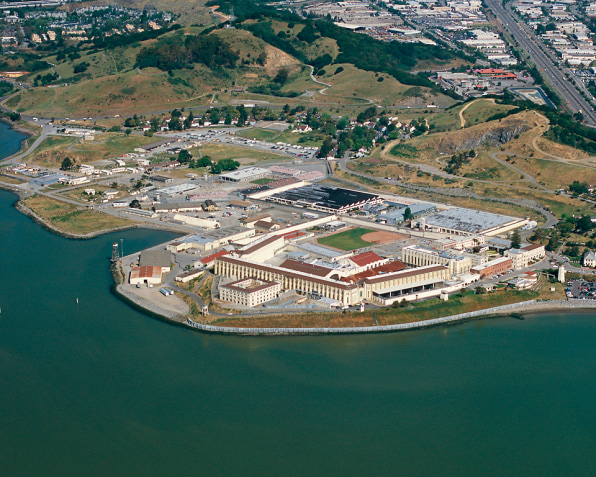

Many Program students also participate in the Re-Entry Legal Clinic, which falls under UCLA's El Centro Legal Clinics. This is a great way for students to develop client communications skills and assist an underserved population. While student volunteers cannot give legal advice, the project seeks to connect inmates with much-needed resources. UCLA Law receives hundreds of letters from inmates seeking help with their criminal cases and conditions cases. The Program also supports the UCLA Law Students for Decarceration's involvement in the Incarcerated Persons' Correspondence Project. In addition, the program connects with community partners who are doing this work on the ground in Los Angeles and across the state of California. The Program hosts the Prison Law JD listserv for current law students and recent law graduates nationwide who are interested in working in the area of prisoners' rights and criminal legal reform more broadly. The Prison Law and Policy Program aims to contribute to this national conversation in a variety of ways: by exposing interested students to a wide range of related issues and perspectives by supporting faculty research creating a space for community building among students and faculty committed to this field and by training and supporting those students planning to use their legal education to help curb abuse and neglect in carceral spaces and to bring about meaningful change.Īmong other initiatives, the Program sponsors speakers and conferences, supports student research and related projects, and publishes an annual Prison Law Summer Job Search Guide. In recent years, American society has begun to reckon with the considerable harms caused by our now-massive carceral enterprise.
#Prison law project office california driver
The burdens of this expansion have been borne disproportionately by poor people and people of color, making the American criminal legal system a central driver of racial and economic injustice in this country. The past four decades have seen unparalleled growth in the American prison population and in the deployment of the state's power to punish as a mechanism of social control. The Prison Law and Policy Program is committed to examining the "back end" of the carceral system and to exploring the way the law structures all aspects of the contemporary experience of criminal punishment in the United States, from the sentence to the administration of penalties (whether fines, probation, incarceration, or death) through the challenges of reentry and the many "collateral consequences" imposed on people with criminal convictions.

#Prison law project office california trial
But for these offenders convicted of crimes, the trial process is only the preamble to an extended period in the custody of the state. American law schools typically focus on the "front end" of the criminal justice process: investigation, prosecution, and verdict.


 0 kommentar(er)
0 kommentar(er)
